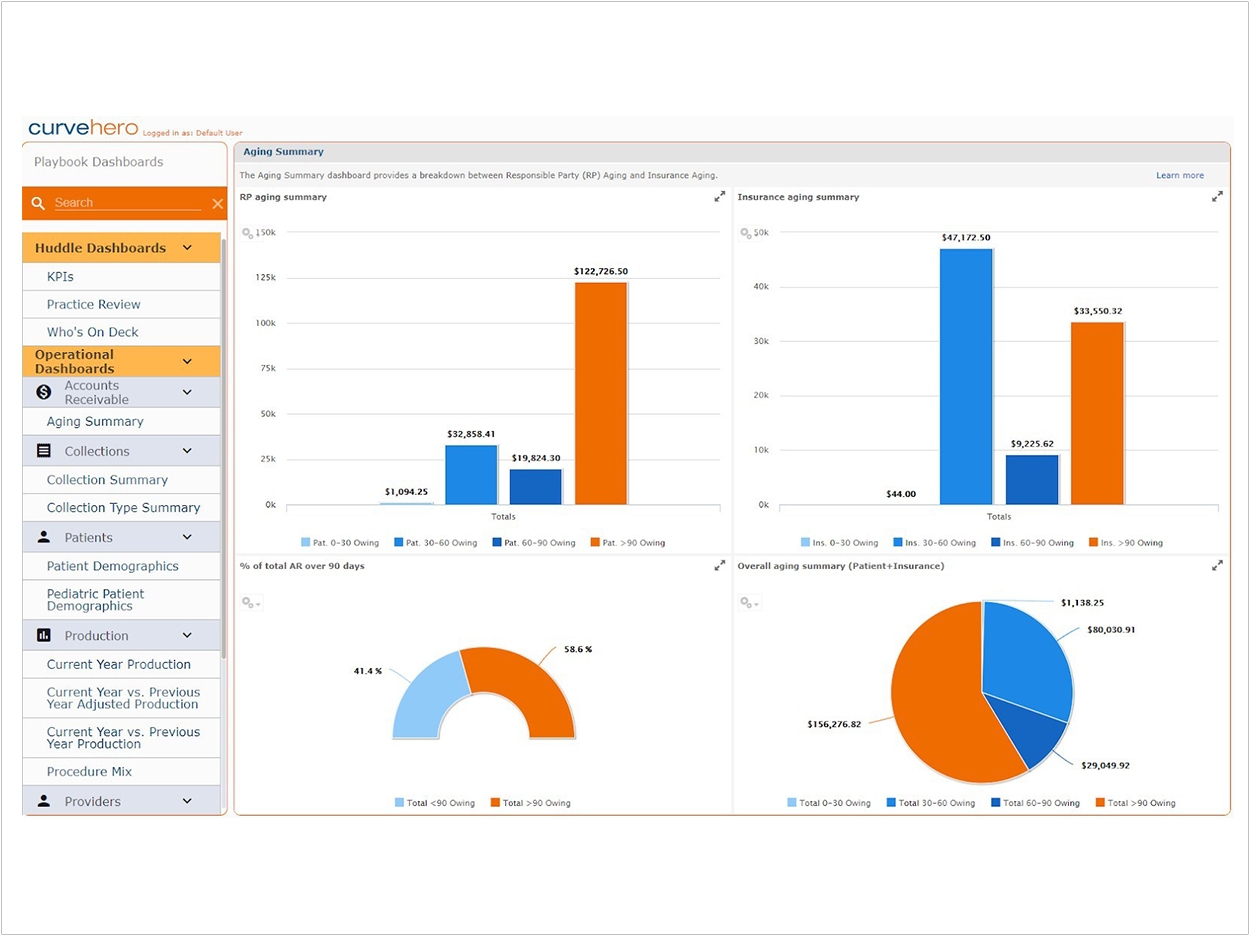In today's rapid healthcare sector, the optimal management of practices has become vital than at any time. With the growing difficulties of patient care and operational tasks, healthcare providers are turning to technology for support. Practice management software has surfaced as a game-changing tool that enhances operational efficiency, elevates patient experience, and simplifies administrative processes. This innovative software not only automates routine tasks but also provides essential insights that help practitioners prioritize what genuinely matters – providing quality patient care.

As healthcare demands evolve, so too must the tools we use to manage it. Practice management software offers a all-in-one solution that integrates various functions such as scheduling, billing, and patient communication. By enhancing these essential tasks, healthcare professionals can utilize time, minimize errors, and promote a well-organized workflow. As we examine the many benefits of practice management software, it is clear that we are transitioning into a different era in healthcare, where technology plays a pivotal role in improving the overall performance of healthcare delivery.
Improved User Satisfaction
Patient management systems considerably improves the patient experience by simplifying the appointment scheduling process. Patients can easily book their appointments through the platform, view open slots in real-time, and receive automated reminders. This convenience reduces the likelihood of missed appointments and improves patient satisfaction. With medicloudmed.ch , individuals can manage their healthcare needs without the hassle of traditional scheduling methods.
Furthermore, practice management software promotes better communication between healthcare providers and patients. Secure messaging features allow patients to ask questions, request meds refills, or obtain test results without needing to call the office. This level of ease of access not only allows patients but also helps build a strong relationship with their providers, resulting in improved adherence to treatment plans and overall health outcomes.
As well, practice management software enables a more tailored experience for patients. By maintaining comprehensive medical histories and preferences, providers can modify their approach to each patient. This personalization helps clinicians address specific concerns more effectively, leading to more precise care and increased patient loyalty. As a result, practice management software not only enhances operational efficiency but also creates a more fulfilling and personalized healthcare experience.
Efficient Operations
Practice management software plays a pivotal role in improving the effectiveness of medical operations. By automating routine tasks such as scheduling appointments, invoicing, and patient reminders, medical professionals can reduce the workload on their team. This allows doctors to concentrate on caring for patients rather than becoming overwhelmed in paperwork and administrative tasks. Ultimately, optimized operations can lead to decreased wait times for clients and enhanced service quality.
In addition, the integration of practice management software enables better communication between staff members and units. With a centralized system, healthcare teams can easily share patient information, work together on treatment plans, and coordinate services. This improved connectivity can significantly enhance workflow, reduce the chances of errors, and ensure that all staff are on the same page when it comes to managing patients.
Additionally, by employing practice management software, medical institutions can gain insights through data analytics. These tools allow for the monitoring of operational metrics, financial results, and patient outcomes. With access to this data, administrators can make informed decisions to enhance practices, improve resource allocation, and enhance overall operational efficiency. This data-driven approach ensures that medical organizations can adapt to evolving demands and obstacles in the industry. ### Informed Decision-Making Based on Data
Management software in practice empowers health professionals to leverage the capabilities of data, facilitating effective decision-making across various aspects of their business. By accumulating and evaluating data from patient interactions, clinical outcomes, and management procedures, healthcare facilities can gain important insights into their operations. This allows them to recognize trends, enhance service delivery, and boost patient care, ultimately leading to better health outcomes.
Moreover, the use of practice management software strengthens the capability to monitor key performance indicators. These measurements provide healthcare leaders with a better picture of how operations run, financial performance, and patient satisfaction. With real-time access to this insight, decision-makers can swiftly resolve inefficiencies or change strategies based on the most recent results, rather than depending on outdated data or guesses.
Additionally, data-driven decision-making cultivates a climate of continuous improvement within healthcare organizations. Through regularly reviewing outcomes and operational data, providers can implement evidence-based practices, refine workflows, and adapt services to address the evolving needs of their patients. This forward-thinking approach not only boosts the quality of care offered but also positions organizations for future success in an increasingly competitive healthcare landscape.
